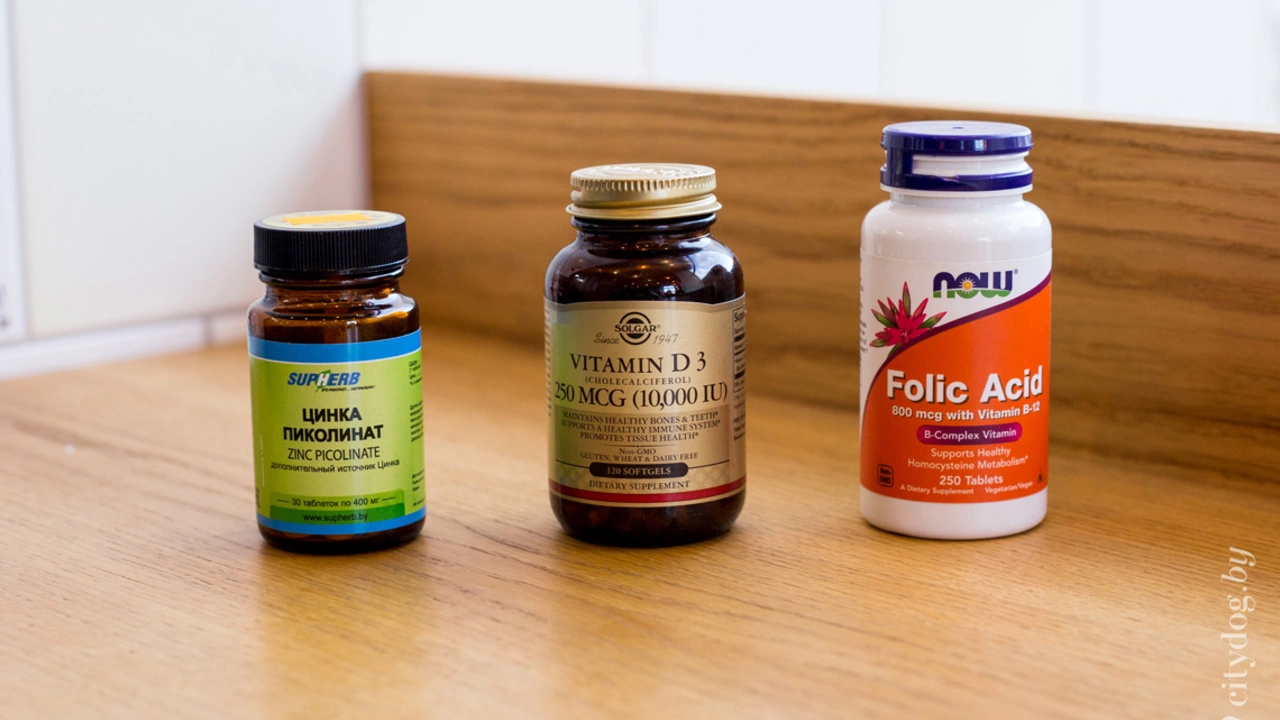If you’ve been prescribed sulfasalazine, you probably wonder what it actually does and how to use it without hassle. In simple terms, this pill helps calm inflammation in your gut or joints, making conditions like ulcerative colitis and rheumatoid arthritis easier to manage.
Sulfasalazine is a combo of two parts: sulfapyridine and 5‑aminosalicylic acid. Once it reaches your colon, bacteria split the drug and release the anti‑inflammatory piece where it’s needed most. That’s why doctors trust it for bowel inflammation and joint pain – it targets the problem right at the source.
When you take it for rheumatoid arthritis, the same principle applies. The medication reduces swelling in your joints, easing stiffness and improving movement. Most people notice a difference after a few weeks, but full benefits can take up to three months.
Buying sulfasalazine online is safe when you stick to reputable pharmacies. Look for sites that require a valid prescription, show clear contact info, and have positive user reviews. Avoid any “no‑Rx needed” offers – they’re usually risky and might give you fake pills.
Check the price before you order. Sulfasalazine is often cheaper in bulk, so compare per‑tablet costs across a few trusted stores. Keep an eye on shipping times; most reliable pharmacies ship within 3‑5 business days with discreet packaging.
When your package arrives, inspect it right away. The bottle should have the correct label, expiration date, and a clear batch number. If anything looks off, contact the pharmacy’s customer service immediately – good vendors will handle returns or refunds quickly.
Now, let’s talk dosage. For ulcerative colitis, doctors usually start you at 1‑2 grams per day, split into two doses. Over time they may raise it to 3–4 grams if needed. For rheumatoid arthritis, the typical starting dose is 500 mg twice daily, gradually increasing to a maximum of 3 grams per day.
Take sulfasalazine with food or milk to lessen stomach upset. If you miss a dose, just take it as soon as you remember unless it’s almost time for your next pill – then skip the missed one and continue your regular schedule. Never double up.
Common side effects include nausea, headache, and mild rash. More serious reactions like severe skin rashes or breathing problems need immediate medical attention. If you notice any unusual symptoms, call your doctor right away.
Blood tests are usually required after a few weeks on the drug to check liver function and blood counts. Your doctor will schedule these checks, so keep an eye on appointment reminders.
In short, sulfasalazine can be a game‑changer for managing inflammatory gut or joint issues when you use it correctly and source it from a trustworthy online pharmacy. Follow the dosage guidelines, watch for side effects, and stay in touch with your healthcare provider – that’s the recipe for safe, effective treatment.

In my recent research, I've discovered an interesting connection between Sulfasalazine, a drug commonly used for treating inflammatory bowel diseases, and Folic Acid, a crucial vitamin for our bodies. Sulfasalazine can inhibit the absorption of Folic Acid, leading to a deficiency in our bodies. This is concerning because Folic Acid plays a vital role in many bodily processes, including cell growth and DNA formation. Therefore, individuals taking Sulfasalazine may need to supplement their diet with additional Folic Acid. It's always important to discuss such medication and supplement interactions with your healthcare provider.
View more
As a blogger, I recently came across the topic of Sulfasalazine and its potential effects on eye health. Sulfasalazine is a medication commonly used to treat inflammatory bowel diseases, such as Crohn's disease and ulcerative colitis. Some studies have suggested that there might be potential risks associated with its use, such as ocular toxicity, which could lead to vision problems. To minimize these risks, it's essential for patients taking this medication to have regular eye exams and promptly report any changes in their vision to their healthcare provider. By taking these precautions, we can work together to ensure our eyes stay healthy while managing our chronic conditions.
View more